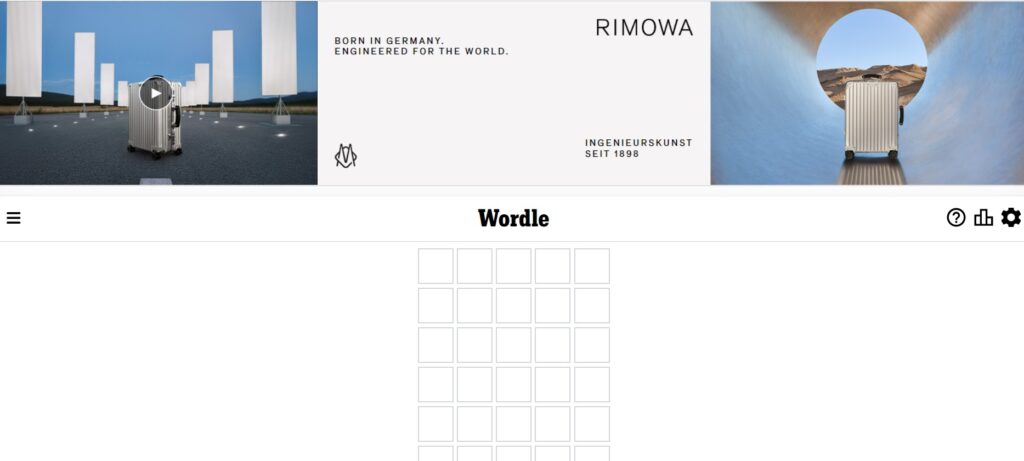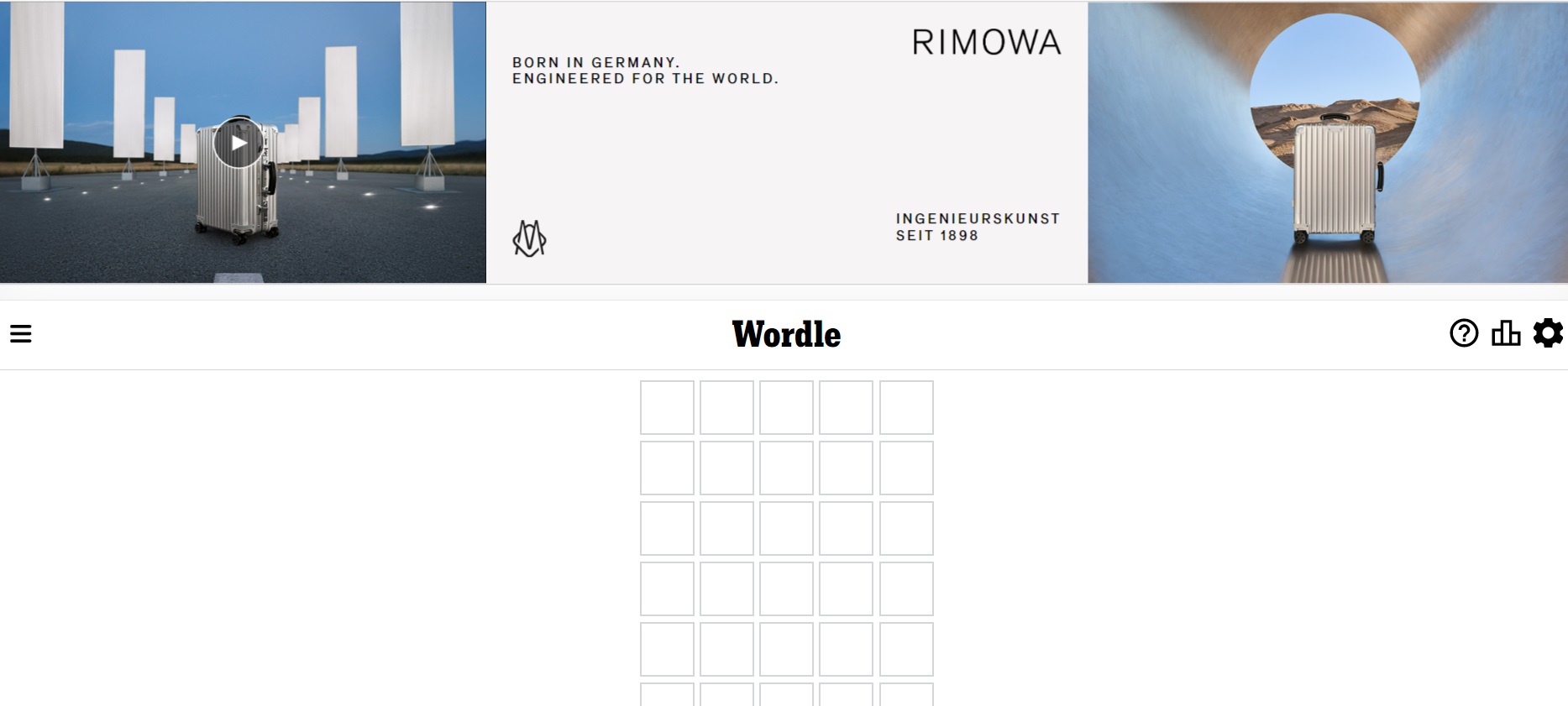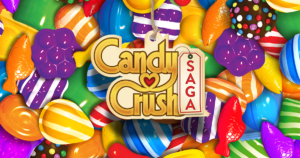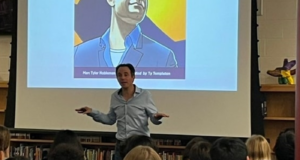
Today, I discuss how the New York Times finally decided to make Wordle commercial.
Knowledge Waits is a feature where I just share some bit of pop culture history that interests me that doesn’t quite fit into the other features.
When the New York Times first purchased Wordle, I wrote a piece about how I feared that the Times would make the mistake of putting Wordle behind a paywall, which I thought would be a terrible mistake, since Wordle’s whole appeal is its ease of play. It’s not a game you’re going to pay money to play, but if it’s available free and easy, then people will play it.
The Times sort of hemmed and hawed with what it was going to do with the game over the past seven months (making clever offers to get people to sign up with the Times), and today, we finally saw the next step, as the Times is now running an ad with Wordle and, ya know? Go right ahead, Times.
As I wrote then:
It is not like Wordle is some amazingly complex game. That’s pretty much the opposite of the appeal. It is a simple, easy-to-use game whose big breakthrough was the ability to easily share your results in a social media-friendly way. In other words, this is something that is built for being a free, ad-supported game. If you throw a bunch of ads on the screen when people play, they will continue to play.
But if you make Wordle something that people will have to pay for or go through some elaborate system to access it, then that defeats a great deal of the appeal of Wordle. People love it because it is simple. Making it complex will effectively kill it, because it’s not such a compelling game that people will go through a bunch of hoops to get access to it. It is also not the sort of thing that will draw people to paying for the Times’ Games division, because, again, Wordle just isn’t that good of a game.
So they’re doing ads now. That’s fine. It definitely did throw me as I was playing it today, but I’ll get used to it, and hey, if this keeps Wordle free to use, more power to them.

Drop me a line at brian@popculturereferences.com if you have any other interesting bit about pop culture that you’d like me to discuss!










I think their purchase of Wordle was a brilliant move, and keeping it free to use was part of the brilliance, as you point out. And their owning of Wordle has worked to get new subscribers in at least one case: my wife was checking out some of their other games in addition to Wordle and liked them enough to get a subscription for expanded access.